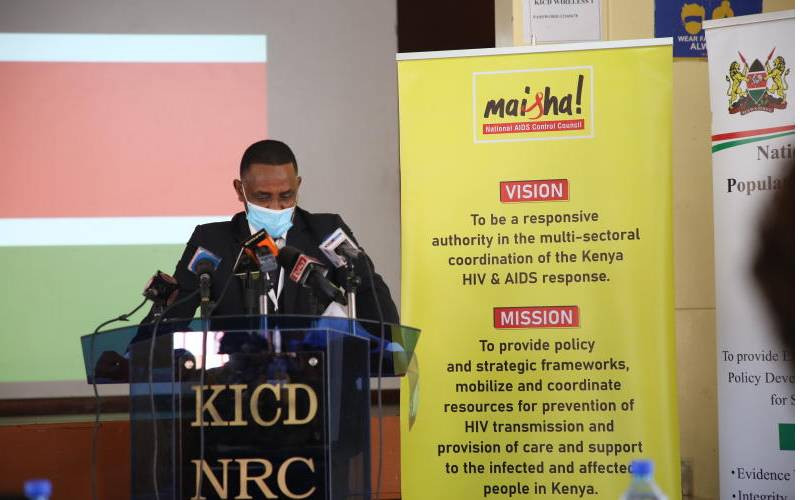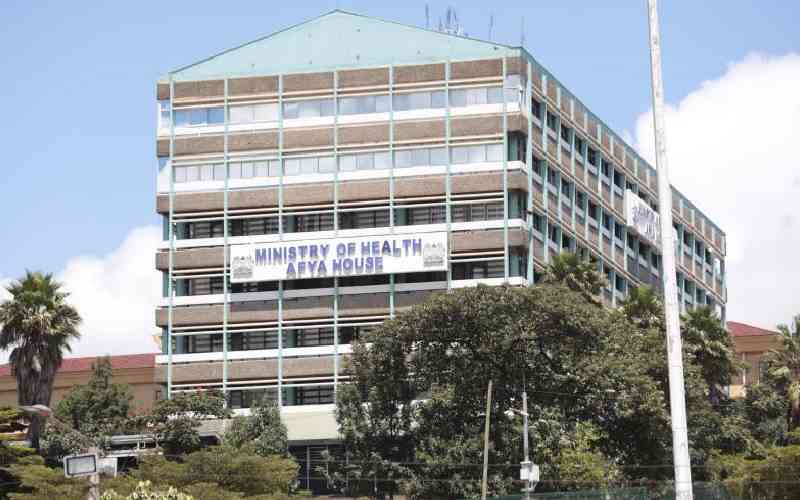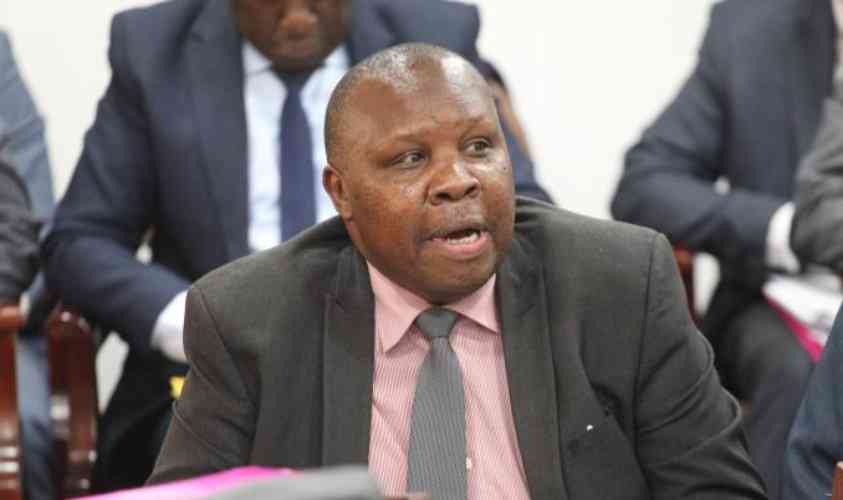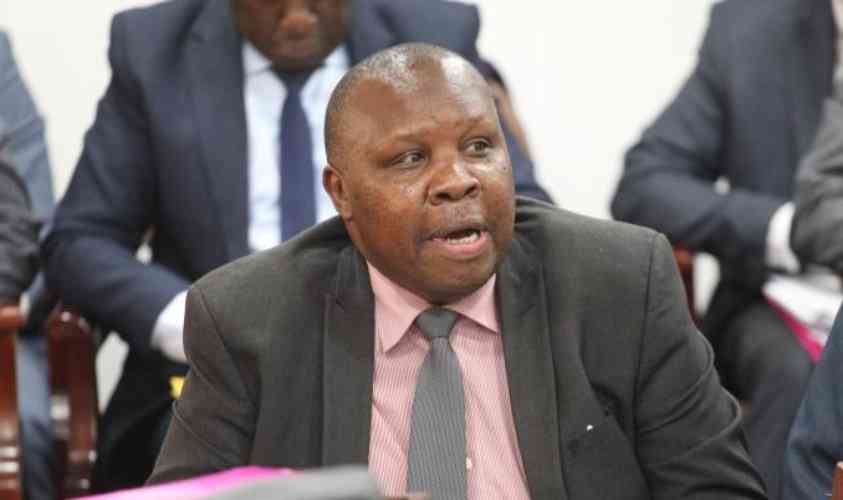
National Council for Population and Development (NCPD) notes that financial background is a major contributor to teenage pregnancies in Kenya. [File, Standard]
What Kenya is doing to reduce the numbers
Several interventions have been put in place by the government to address the concern of teenage pregnancies.
Most of these interventions are improved and renewed often so that every year there are fewer cases of teenage pregnancies.
According to NCPD, the government through the Ministry of Education is implementing a return-to-school policy that allows girls to resume school and continue with their education after childbirth.
Another policy that is being implemented by the Ministry of Health is the National Adolescent Sexual and Reproductive Health Policy, which supports the provision of Youth Friendly Services (YFS) to young persons with the aim of empowering and facilitating them to make the right choices pertaining to their sexuality.
Centre for the Study of Adolescence (CSA) Project Officer and Youth Coordinator, Dollarman Natse, says that the recent decline in teenage pregnancies is strongly influenced by the correlation between education levels and pregnancy rates.
"38 per cent of girls without education levels were found to be pregnant while only five per cent of girls in higher education were found to be pregnant. This highlights the importance of investing in education and ensuring that girls have access to quality education to empower them and enable them to make informed decisions about their lives and future," Natse told The Standard.
Fiona Atieno, a psychosocial counselor says that the decrease in teenage pregnancies could be due to an increase in Comprehensive Sexuality Education (CSE).
"There has been an increase in comprehensive sexuality education in schools and churches. This has made both boys and girls aware of what abuse is, who to have consensual sex with, what sex is, their sexuality, and the consequences of sex," said Atieno.
According to Atieno, there is a spread of knowledge even online. A lot of Adolescent Sexual Reproductive Health (ASRH) advocacy is being carried out and it is empowering many teenagers in general to take care of their sexuality and be safe.
What more needs to be done?
The future is promising and there is a lot more the country can do to reduce the numbers to zero.
CSA's Natse avers that the government and other stakeholders should prioritize interventions that empower young people especially girls to make formal decisions about their reproductive health and prevent unintended pregnancies.
For Atieno, Kenya can only respond to unwanted teenage pregnancies by ensuring those defiling minors are punished by law. Another measure is to increase comprehensive sex education and access to professional family planning.





